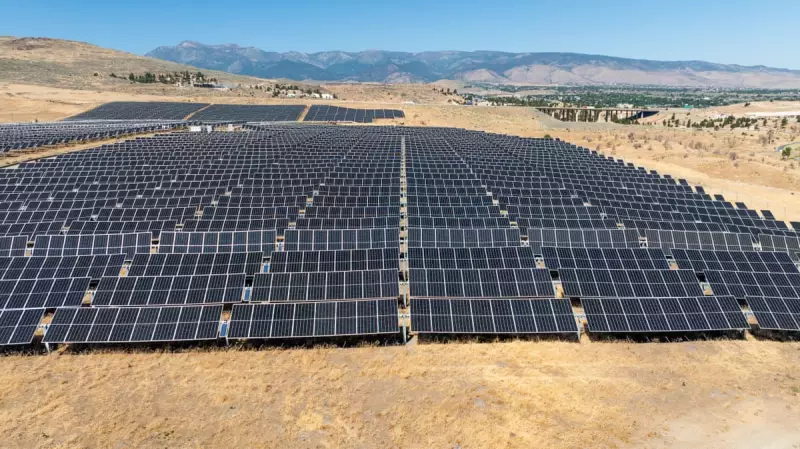
In a move that has sent shockwaves through the renewable energy sector, Trump administration officials have pulled the plug on a major solar power development in the Nevada desert. This decision marks the latest in a series of blows to clean energy initiatives under the current administration.
Nevada's Solar Ambitions Derailed
The terminated project, which had been years in development, was poised to become one of America's largest solar installations. Located on federal lands, the initiative represented a significant step toward meeting renewable energy targets and reducing carbon emissions.
Industry insiders express deep concern about the implications for future renewable projects. "This decision creates tremendous uncertainty for investors and developers across the clean energy sector," noted one energy analyst who wished to remain anonymous.
Administration's Stance on Energy
The Trump administration has consistently favoured traditional fossil fuels over renewable alternatives. This latest action appears to reinforce that position, despite growing evidence of solar power's economic viability and environmental benefits.
Critics argue that the move contradicts market trends showing renewable energy becoming increasingly cost-competitive. "We're seeing solar and wind outcompeting conventional energy sources on price in many markets," said a renewable energy advocate. "This decision seems politically motivated rather than economically justified."
Environmental and Economic Consequences
The project's cancellation carries significant implications:
- Lost opportunities for job creation in the growing green economy
- Setbacks to state and national carbon reduction goals
- Diminished investor confidence in large-scale renewable projects
- Potential long-term environmental impacts from continued fossil fuel reliance
Local communities that had anticipated economic benefits from the project now face disappointment. The development was expected to create hundreds of construction jobs and ongoing maintenance positions.
Looking Ahead
Despite this setback, many states and private companies continue to push forward with renewable energy initiatives. However, the federal government's stance creates additional hurdles for projects requiring federal permits or operating on public lands.
The decision raises questions about America's ability to meet its international climate commitments and compete in the global race for clean energy leadership.





